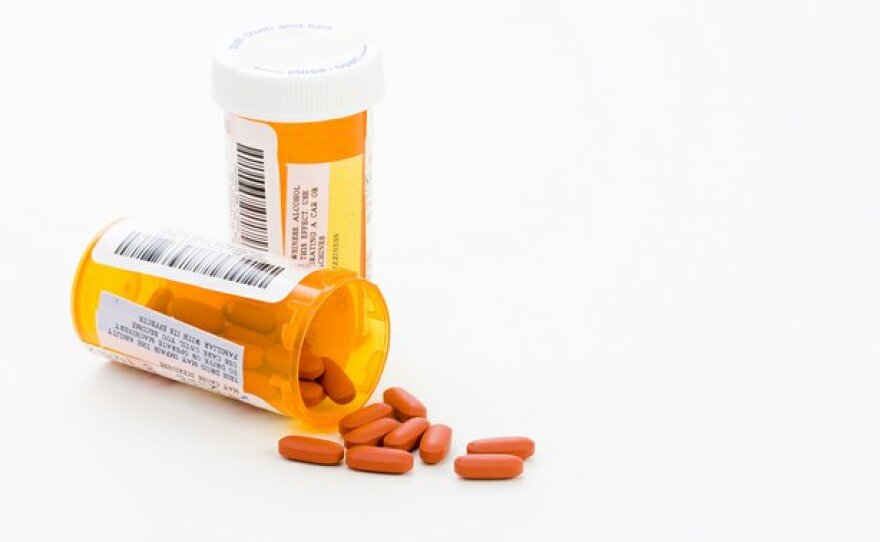After comparing five FDA-approved obesity drugs, a San Diego scientist says none of them are highly effective, though some lead to more weight loss than others.
"The magnitude of weight loss across all these medicines was not very impressive," said Siddharth Singh, assistant professor of medicine at UC San Diego and senior author on a new study published in JAMA on Tuesday analyzing the drugs.
"Patients need to be aware that these are not magic bullets that will result in a lot of weight loss," he said.
For the study, Singh and his colleagues drew on data from clinical trials conducted in the run-up to approval for each drug. In total, nearly 30,000 patients participated in these trials. Singh said this is the first study comparing all five drugs.
Phentermine-topiramate, sold under the brand name Qsymia, produced the most weight loss after one year. On average, patients taking the drug lost 19.4 pounds.
The second most effective drug was liraglutide, known as Saxenda. It was associated with 11.7 pounds of weight loss on average.
Lower down the list were two drugs made by San Diego companies. Naltrexone-bupropion (developed by Orexigen Therapeutics and known as Contrave) helped patients shed 11 pounds on average. And lorcaserin (made by Arena Pharmaceuticals and known as Belviq) led to an average of 7.1 pounds of weight loss.
At the bottom of the list, orlistat — sold over the counter as Alli — produced only 5.4 pounds of weight loss on average.
Singh said that while their effects are modest, all of these drugs were associated with more weight loss than a placebo. He said losing even just 5 percent to 10 percent of overall body weight can bring health benefits to obese patients.
"At the same time, medications alone are unlikely to ever be successful in keeping off weight," Singh said. "At the end of the day, it's going to be diet and exercise that is going to help maintain that weight loss."
Many patients dropped out of the trials, anywhere from 30 percent to 45 percent. They often stopped taking the drugs because they weren’t seeing results or were experiencing negative side effects.
Common side effects from these drugs include nausea, vomiting and other gastrointestinal issues, Singh said. Naltrexone-bupropion and liraglutide had the highest odds of producing negative side effects.
Singh said doctors shouldn't choose which drugs to prescribe based solely on this ranking, because certain drugs can cause specific side effects for some individuals. For instance, naltrexone-bupropion leads to psychiatric issues in patients with opiate and alcohol addictions.
"There is no one size fits all," Singh said.
Over a third of American adults are obese, but Singh said these five drugs are rarely prescribed. Many of them are fairly new, and they may not be covered by health insurance.
Singh hopes the study's findings can better inform doctors and health providers about which drugs make sense for which patients. He also hopes to see more long-term data on the safety and effectiveness of each drug.






